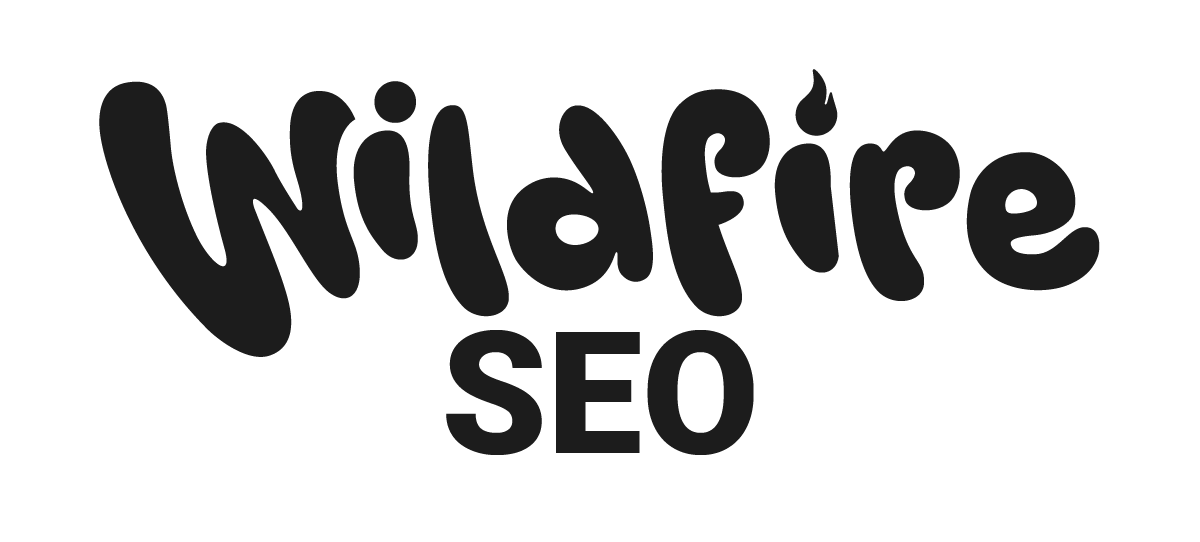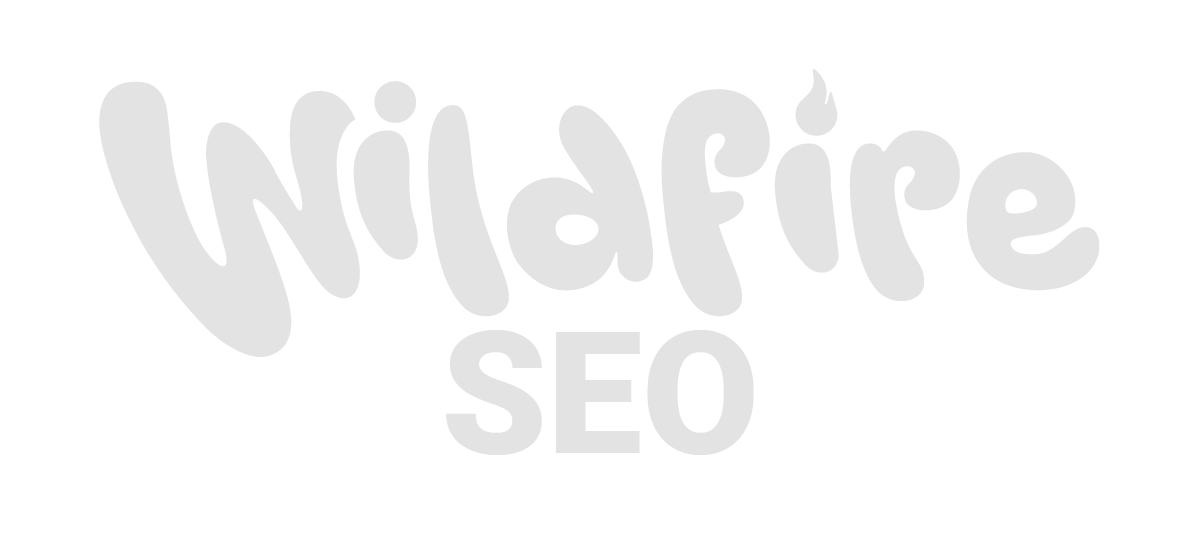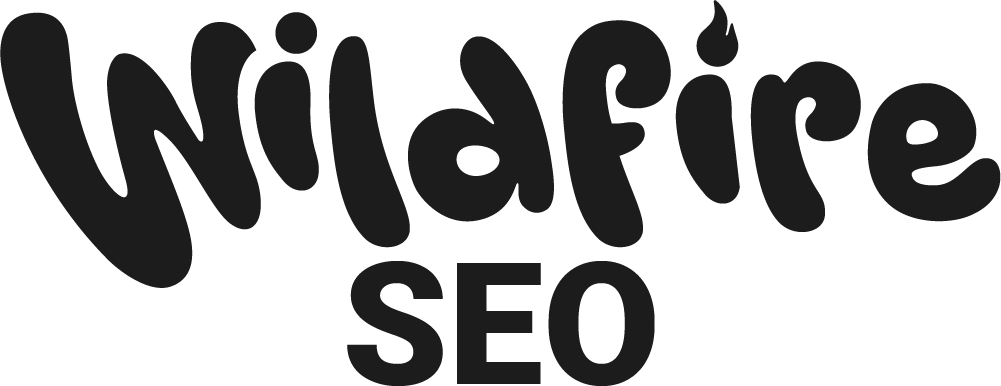
Using South African Slang and Phrases for Authentic SEO Content
South Africa’s linguistic landscape is a tapestry woven from diverse cultures, languages, and histories. This rich diversity manifests itself vividly in the slang used across the country, creating a unique form of expression that resonates deeply with locals. For businesses looking to optimise their digital presence, integrating South African slang into content can significantly enhance authenticity and foster a stronger connection with the target audience. Leveraging this approach is increasingly important in SEO in South Africa, where local relevance and cultural nuance can determine how well content performs.
As brands seek to engage South African consumers on a more personal level, the use of regional slang presents a powerful opportunity to stand out. It transcends standard marketing language by speaking directly to the lived experiences and everyday interactions of South Africans. Understanding and thoughtfully incorporating this dynamic language into SEO strategies can elevate brand credibility, improve user engagement, and ultimately drive better search engine performance.
Understanding South African Slang Variations
South African slang is far from monolithic; it varies widely across provinces, cultures, and communities, each contributing its own flavour to the nation’s vernacular. The slang spoken in Johannesburg’s townships may differ markedly from the Afrikaans-infused phrases common in Cape Town or the Nguni-based expressions in KwaZulu-Natal. This linguistic diversity is a direct reflection of South Africa’s multicultural fabric, where 11 official languages and numerous dialects coexist.
Grasping these regional variations is essential when aiming for effective SEO in South Africa. Content that reflects the specific slang of a region demonstrates cultural insight and relevance, increasing its appeal to local users. It also avoids the pitfalls of generic content that may feel disconnected or inauthentic, thereby enhancing the likelihood of meaningful engagement and sustained user interest.
Incorporating Slang to Boost Local Engagement
When brands incorporate local slang authentically, they do more than just communicate—they connect. Using slang terms familiar to the audience helps to break down barriers, making content feel more conversational and relatable. This fosters a sense of community and trust, which can translate into higher interaction rates, including comments, shares, and return visits, all of which contribute positively to SEO metrics.
In the context of SEO in South Africa, embedding slang strategically can also position a brand as culturally aware and approachable. This is particularly effective on social media and blog platforms, where tone and voice strongly influence audience reception. The natural flow created by slang encourages users to linger longer and engage more deeply, signalling to search engines that the content is valuable and relevant.
Balancing Professionalism and Authenticity
While slang enhances authenticity, it must be used judiciously to maintain a professional brand image. Overuse or inappropriate application of slang can erode credibility, especially in more formal industries or contexts where authority and trust are paramount. The key is to strike a balance—employ slang where it enhances relatability without detracting from the overall brand voice.
For businesses focused on SEO in South Africa, this means tailoring language to suit the medium and the message. Informal channels like social media or lifestyle blogs offer more freedom to experiment with slang, while corporate communications and official documents require a measured, respectful tone. This careful calibration ensures that the brand remains both authentic and trustworthy in the eyes of diverse audiences.
Keyword Research for Slang Terms
Keyword research remains a foundational pillar of effective SEO, and this holds true when working with slang. Identifying popular slang terms and phrases that South Africans actually use in their searches can open untapped avenues for organic traffic. These keywords often reflect the way people naturally speak and think, which can make content more discoverable and relevant.
Incorporating slang-based keywords into SEO strategies tailored to South African audiences allows brands to differentiate themselves in a competitive market. It also aligns with local search intent, helping content meet the specific needs and queries of users. This precision not only boosts rankings but also enhances user satisfaction, creating a virtuous cycle for SEO in South Africa.
Creating Content That Resonates Locally
Crafting content that authentically reflects South African slang requires a deep understanding of cultural context and user preferences. Such content feels genuine and approachable, encouraging stronger emotional connections and fostering brand loyalty. By naturally weaving slang into narratives, descriptions, and calls to action, businesses can create a voice that resonates powerfully with local audiences.
This approach supports SEO in South Africa by making content more shareable and memorable. When readers recognise their own language and culture reflected in brand messaging, they are more likely to engage and convert. This effect is magnified across platforms, from blogs to social media, creating a cohesive brand presence that feels both familiar and trustworthy.
Avoiding Misinterpretations and Cultural Sensitivities
South African slang, rich and varied as it is, can sometimes carry different meanings or sensitivities depending on the community or context. Misapplication of slang can lead to misunderstandings, offend audiences, or damage brand reputation. Sensitivity and thorough cultural awareness are therefore critical when integrating slang into SEO content.
Respectful and informed use of slang demonstrates a brand’s commitment to inclusivity and understanding. This careful approach helps protect against potential backlash and supports long-term brand equity. By navigating the complexities of South African linguistic diversity thoughtfully, brands can connect meaningfully without risking offence.
Slang in Meta Titles and Descriptions
Meta titles and descriptions serve as the first impression in search engine results, making their optimisation crucial for click-through rates. Including local slang within these elements can catch the eye of South African users by reflecting their search language more accurately. This creates an immediate sense of familiarity and relevance.
For SEO in South Africa, this tactic helps brands stand out from competitors who use generic language. Well-crafted meta tags that incorporate slang not only improve visibility but also encourage users to click through, boosting traffic and engagement. This small but strategic inclusion signals to search engines the content’s local relevance and enhances overall SEO performance.
Tracking the Impact of Slang on SEO Metrics
Incorporating slang into SEO strategies should be measured and evaluated like any other digital marketing tactic. Tracking metrics such as organic traffic, bounce rates, session duration, and conversion rates reveals how well slang resonates with the target audience. These insights inform future content decisions and ensure ongoing optimisation.
For brands focused on SEO in South Africa, data-driven evaluation of slang usage confirms its effectiveness in building audience engagement. Positive trends indicate that content is connecting culturally and linguistically, reinforcing the value of authentic local language in digital marketing efforts. This continuous feedback loop supports sustained success in a competitive online environment.
Updating Content to Reflect Evolving Slang
Language is inherently fluid, and South African slang evolves rapidly as new terms emerge and others fade. To remain relevant and authentic, content must be regularly reviewed and updated to reflect these changes. Stale or outdated slang can diminish credibility and alienate audiences.
Maintaining fresh content that reflects current slang trends is essential for long-term success in SEO in South Africa. It signals to both users and search engines that a brand is culturally attuned and engaged with its community. This adaptability strengthens brand positioning and helps maintain strong connections with ever-changing audiences.
South African slang is a vibrant reflection of the country’s rich cultural mosaic, and using it thoughtfully within SEO content offers significant advantages. For brands aiming to improve their visibility and engagement in the South African market, embracing this local language enhances authenticity and fosters deeper connections. The key lies in balancing slang with professionalism, respecting cultural nuances, and continuously adapting to linguistic shifts.
At Wildfire SEO, we recognise the power of authentic local language in driving successful SEO in South Africa. Our team combines cultural expertise with proven SEO strategies to help your brand connect meaningfully with South African audiences. Contact us today to explore how we can partner with you to create content that truly speaks to the heart of South Africa.



